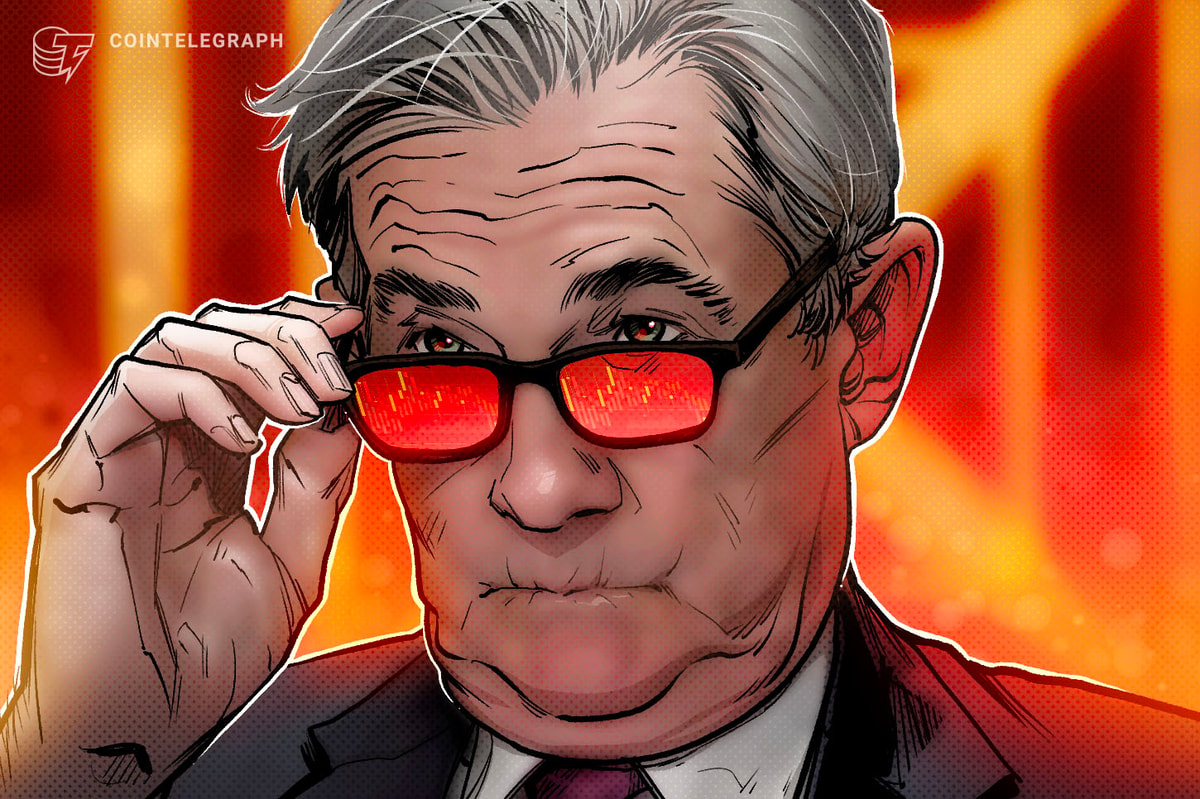A Manhattan judge dealt Donald Trump a powerful blow on Friday, delivering a civil penalty totaling more than $450 million and giving him a three-year ban from the notoriously bare-knuckle world of New York real estate.
Trump and his Trump Organization are also barred for three years from borrowing from banks and financial firms registered in New York, per the judge’s order.
Yet, the decision in the civil fraud case brought by New York state Attorney General Letitia James isn’t expected to deliver a knockout punch to the former U.S. president or the Trump Organization — at least not immediately.
“The Trump Organization is going to exist,” said Evan Gotlob, a partner at law firm Saul Ewing and a former New York City prosecutor who focuses on public corruption and white-collar investigations. “It is going to be hamstrung, but I think it still exists.”
Gotlob said that while the Trump Organization likely can withstand losing hundreds of millions of dollars from the fine, the three-year financing ban “might be the worst part,” since the real-estate industry runs on borrowed money. Friday’s decision could also sweep up foreign lenders with registered affiliates in New York.
“For real-estate development, you need access to money,” he said.
Weeks before New York Supreme Court Justice Arthur Engoron’s decision arrived, Trump said that he would be appealing the ruling. Legal experts say the appeals process can take weeks, if not months. A stay order would suspend the decision from going into effect during the appeal.
“Today’s ruling is a gross miscarriage of justice,” a Trump Organization spokesperson said in an emailed statement. “If the Attorney General is permitted to retroactively insert herself into private commercial transactions between sophisticated parties, no business transaction entered into in the State of New York will be beyond the Attorney General’s purview.”
A historic ruling
Trump inherited his real-estate company from his father in the late 1970s, with his personal life and business dealings frequently becoming tabloid fodder over the next four decades.
Trump’s real-estate business also gave rise to his branding business, a stint as a television personality and his ascent to America’s highest elected office.
The judge’s decision, if upheld, seeks to temporarily ban Trump and his two grown sons from New York’s real-estate industry. But it also raises practical questions about how to untangle the Trumps from their web of business partnerships, existing lenders, tenants and investors who own bonds that financed their properties.
The ruling extends a court-appointed monitor’s oversight of the Trump Organization to at least three years. But that won’t be a simple undertaking.
To get a handle on Trump’s sprawling business dealings, the monitor already has identified 415 distinct business entities tied to the company — many relating to borrowing entities and licensing and management agreements — after whittling the number of entities down from around 500 during the trial.
“The commercial real-estate business is messy and complicated,” said Will Thomas, assistant professor of business law at the University of Michigan’s Ross School of Business, who has been closely following the fraud case against Trump.
“It’s the beginning of the headaches, not the end.”
Other peoples’ money
The New York court decision brings a multiyear investigation into Trump’s business practices to a crescendo right as Trump seeks to reclaim the White House for a second term.
The penalties are designed to punish the former president for conflating his own personal wealth and the value of his properties, a practice that Attorney General James claimed resulted in more favorable loan terms than would have otherwise been available.
Trump has denied wrongdoing and has called the trial “a witch hunt,” as the Republican candidate campaigns to clinch his party’s nomination for November’s presidential election.
Beyond the ruling, the case also puts a spotlight on how top-shelf commercial real estate is financed, often without owners putting their own personal wealth at risk.
“For decades, Trump has used other people’s money for most of his deals,” said Norman Miller, retired chair of real-estate finance at the University of San Diego’s Knauss School of Business.
“Certainly, most of them we should assume aren’t guilty of the trespasses on valuations that Trump has been accused of,” Miller said, adding that the court should be aware that penalizing Trump also penalizes others.
Spotlight on properties
On the heels of Trump’s first presidency, he was able to refinance a swath of his outstanding property debt, “which enhanced his solvency and liquidity for a while,” Miller said.
Still, Trump owes about $122 million in senior debt on 40 Wall Street, an office tower in Manhattan’s Financial District that has long been a crown jewel of the Trump Organization.
That debt, which is currently on a watch list as a potential default risk, was packaged with other loans into several commercial-mortgage bond deals, which were sold to investors more than a decade ago. The Trump loan is slated to come due in July 2025, according to CredIQ and Trepp.
See: Donald Trump tightens grip on landmark Manhattan skyscraper at center of New York court case
Even before Friday’s ruling, Trump faced a tough backdrop for office buildings in need of refinancing. Big cities from New York to Chicago to San Francisco have seen office properties, or debt on the buildings, trade at discounts of 60% or more.
Distress also lurks in riskier bonds used to finance Vornado Realty Trust
VNO,
in its partnership with Trump at 1290 Avenue of Americas, a 43-story office building in Midtown Manhattan.
Senior bonds that financed the building were being bid on by at least one Wall Street bank at a roughly 5% discount to the original face value in January, after a roughly two-month rally spurred by hopes of Federal Reserve rate cuts, according to Empirasign, which tracks trading activity in the sector.
But junior bonds, which trade less frequently and are more vulnerable to losses if the borrower defaults, were last valued in October by holders of the debt at prices of $65 to $75. Bonds are issued with the expectation of being fully repaid at maturity at $100.
Vornado did not return a request for comment.
Restless tenants
Trump’s future in the New York real-estate industry and his access to credit have become a top concern for office tenants, said one broker who has directly placed several tenants in Trump properties in the past five years.
“This case could be ruled on and ultimately decided in so many ways,” said the broker, who wasn’t authorized to speak publicly about the matter.
Outside of debt defaults, New York City buildings rarely have been separated from their owners, even if temporarily. A potential precedent was about a decade ago, when the U.S. government seized the 36-story office tower at 650 Fifth Avenue in Manhattan in a terrorism-related case, saying it was effectively controlled by Iran.
But after a decade of operating the building, the government’s hopes of selling the building for almost $1 billion, to distribute the proceeds to victims of terrorism, were dashed after an appeals court in Manhattan threw out the ruling.


















Discussion about this post